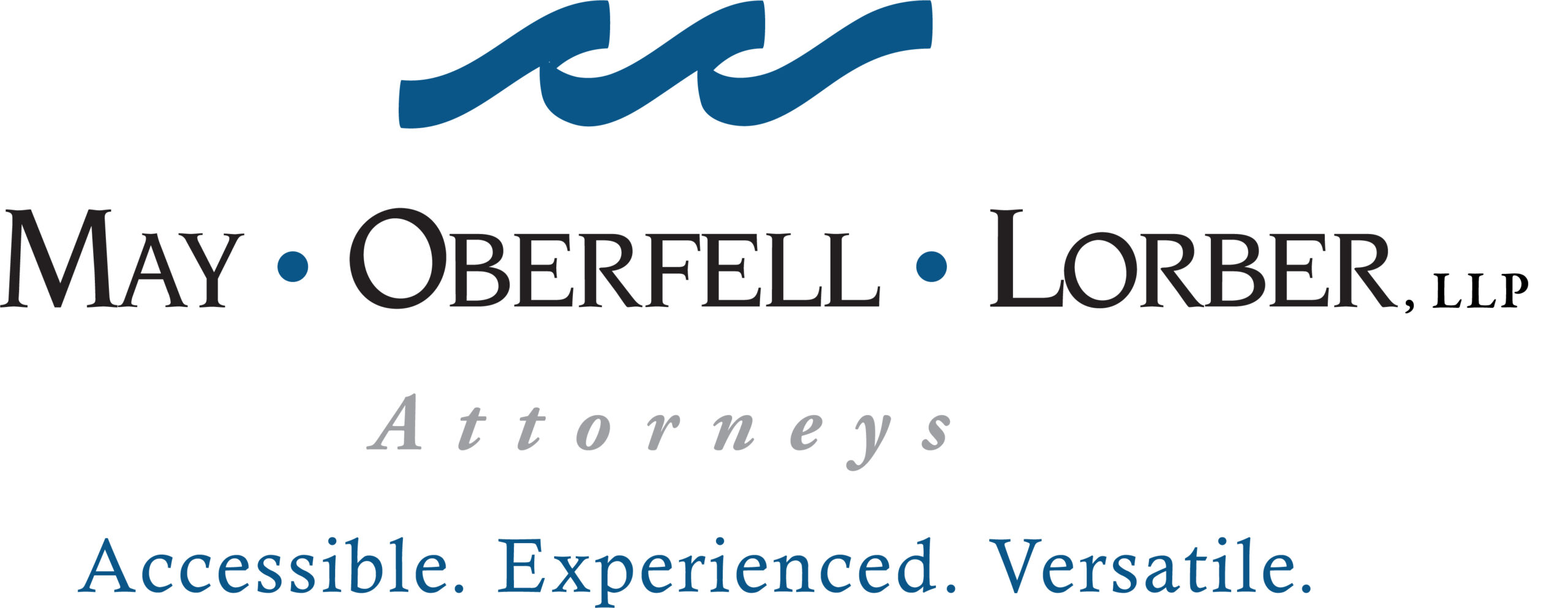I won my lawsuit. Now what?
One consideration everyone should contemplate before initiating a lawsuit, is the realistic outcome of collecting any judgment obtained in court or settlement. Individuals who have had little experience with the civil justice system are often shocked to find out that even if they succeed in trial and obtain a monetary award for their damages, they don’t walk out of court with this money in their pocket. Once a party obtains a judgment from a court, it is their responsibility to collect that judgment. Once they have that judgment, they become a creditor and the offending party becomes the debtor.
In Indiana, a judgment is an automatic lien on the debtor’s real estate for twenty years, but only as to property located in the county where the judgment was obtained. You can, however, ‘domesticate’ that judgment in any Indiana County. For example, if you are aware that the debtor has property located outside the county, you must record the judgment in the county where the property sits to establish a lien on property in that county.
If you obtain a judgment, you also have a lien, personally, against the debtor for ten years. This lien is automatic. This allows you to levy against things such as wages and funds held in bank accounts.
So, you won your case. You have a judgment. And you have a lien. Now what?
It is up to you to continue legal action to foreclose upon the lien and/or garnish the debtor’s wages and accounts. This can be complicated. For example, if you are aware that the individual owns a local home, you can, theoretically, move to foreclose upon the individual’s home. Your lien, however, would be behind prior liens—mortgages and other creditors who obtained liens before you. If you have any personally identifying information for the debtor, you can work to garnish bank accounts or wages. There are limits, however, as to how much and the type of wages that can be garnished. If you have no information regarding the debtor, you can initiate proceedings in Court to have them answer questions about their assets so you may proceed with collecting the judgment.
This can be a long and arduous process and it often requires persistence from the creditor, but it is a process that many attorneys at May Oberfell Lorber are well versed in.
This article is for information purposes only and is not intended to constitute legal advice.
